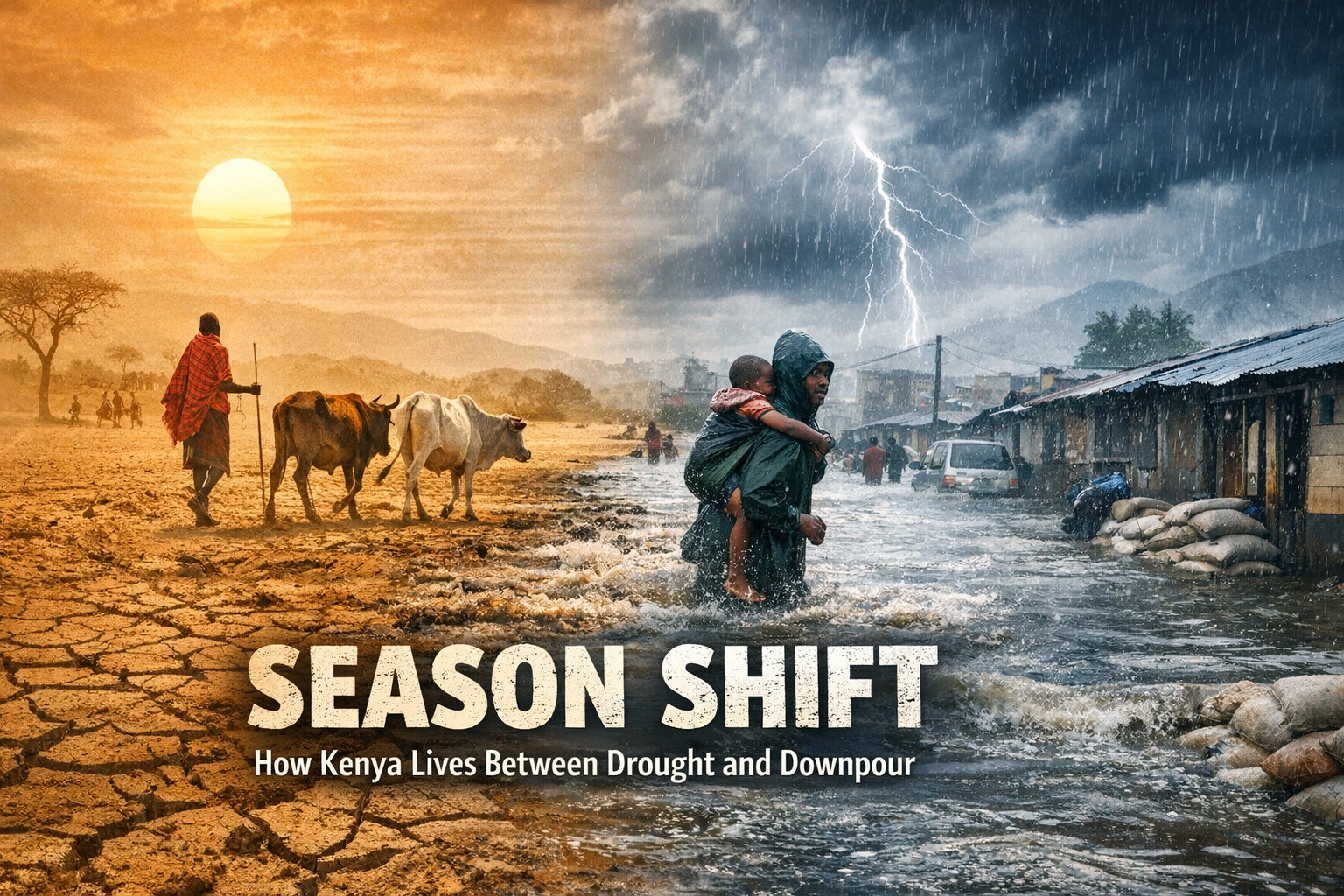- AI relies heavily on large volumes of quality data to generate accurate predictions. Unfortunately, many countries struggle with inconsistent data collection and storage practices, hindering AI's ability to provide the necessary insights. Without comprehensive historical data, the effectiveness of AI in climate modeling can be severely compromised.
Artificial Intelligence (AI) is revolutionizing the fight against climate change by equipping researchers with advanced tools to predict and understand global climate patterns with greater accuracy.
Traditional methods of climate data analysis have significant limitations, particularly when processing the vast amounts of information required for accurate predictions in our rapidly changing environment. With AI, scientists can now efficiently handle large data sets that were previously unmanageable, leading to more precise forecasts.
AI-driven predictions are invaluable for global leaders and agricultural sectors, providing critical guidance to farmers on planting cycles and crop management based on anticipated weather patterns. This not only boosts food production but also helps mitigate food shortages and reduces resource wastage, contributing to more sustainable agricultural practices.
However, the integration of AI into climate research is not without its challenges. One major drawback is the need for highly skilled professionals who understand both AI technology and climate change dynamics. The shortage of experts in these fields means that considerable investment is required to train personnel and transition to AI systems, which often necessitate a significant overhaul of existing equipment and technology.
Moreover, AI relies heavily on large volumes of quality data to generate accurate predictions. Unfortunately, many countries struggle with inconsistent data collection and storage practices, hindering AI's ability to provide the necessary insights. Without comprehensive historical data, the effectiveness of AI in climate modeling can be severely compromised.
Read More
Despite these challenges, the potential of AI to transform climate research and response strategies is immense. As we continue to develop and refine these technologies, the collaboration between climate scientists and AI experts will be crucial in addressing the urgent challenges posed by climate change. By leveraging AI's capabilities, we can not only enhance our understanding of climate patterns but also empower communities and leaders to make informed decisions for a sustainable future.







